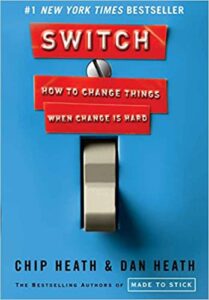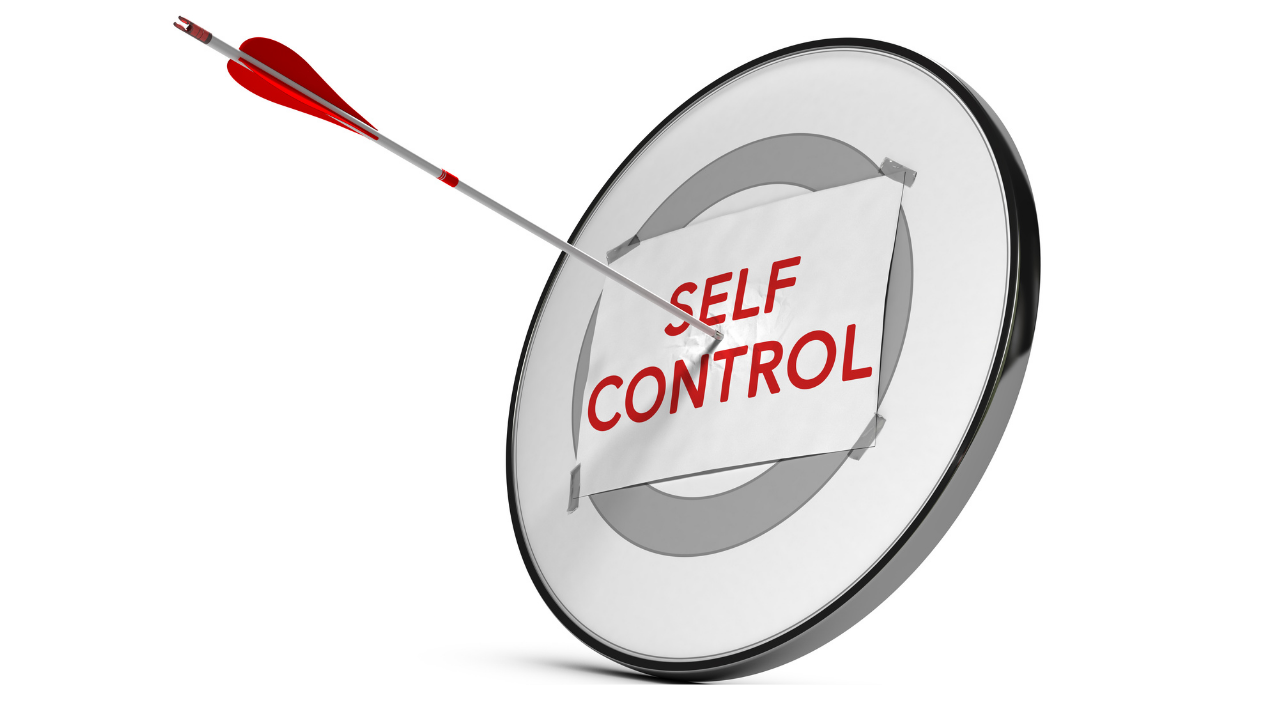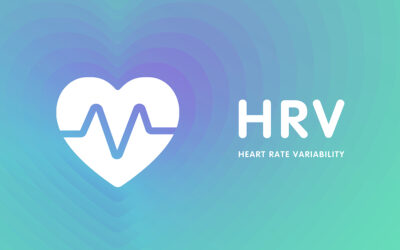“What looks like laziness may actually be exhaustion.”
This was one of the lessons from the book Switch: How to Change Things When Change is Hard. I listened to this book last year and recently attended a Wellcoaches class on the book which prompted me to write this blog.
In an experiment scientists put a group of people in a room with a plate piled high with freshly baked, mouth watering chocolate chip cookies (my favorite!) and radishes. Half the people were told they could eat as many cookies as they wanted but couldn’t have any radishes, no problem! The other half of the people were told they couldn’t have any cookies but could eat as many radishes as they wanted, yuck!
Amazingly everyone followed the instructions given. After some time the people were separated into their respective cookie or radish eater groups and lead into other rooms with no cookies or radishes. Self control having been challenged for the radish eaters the real experiment began.
Both groups were given a difficult puzzle to solve. The radish eating group who’s self control had already been tested soon tired of working on the puzzle and quickly gave up. The cookie eaters, however, persevered and attempted to solve the puzzle for a much longer time. The conclusion being that self control is exhaustible.
How often do you do this to yourself everyday? You walk by the candy jar, vending machine, refrigerator, bowl of nuts or snack bar countless times a day. Initially you are able to resist but with repeated exposure it becomes harder and harder and you eventually give in, maybe not today or tomorrow but next week. Or, like with the puzzle solvers you’ll surrender to the next enticement which may be sitting on the couch instead of exercising that evening because your self control is exhausted. Notice how this can become a rapidly moving snowball plowing over your good intentions and leaving your health shattered on the mountain slope.
The authors of Switch refer to our environment and behaviors as the path. We need to shape our path. Reduce the drain on your self control! Walk a different route avoiding the temptations, remove the treats, etc. This is the final step in the behavior change process preceded by the more pressing tasks of directing the riding and motivating the elephant.
The rider is your logical/rational brain and the elephant is your emotional/impulsive brain. Can you see which one is bigger… An elephant can easily squash the rider. You know you should so something yet you don’t and do the opposite. That is the disconnect between your logical and emotional brains. Sounds like self sabotage doesn’t it? And that’s what happens when both brain systems are not in synch. Your rider and elephant are at odds and the elephant usually wins. It is not enough to intellectually know something but you need to create the desire, the emotional pull to make the change.
Aligning your rational and impulsive brains is the key to quick, easy and lasting behavior change.
Motivate your elephant! Read my previous blog: Motivation Trumps Willpower for Changing Behaviors.



